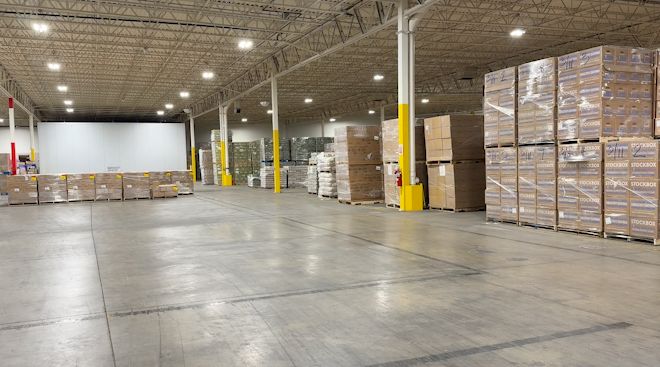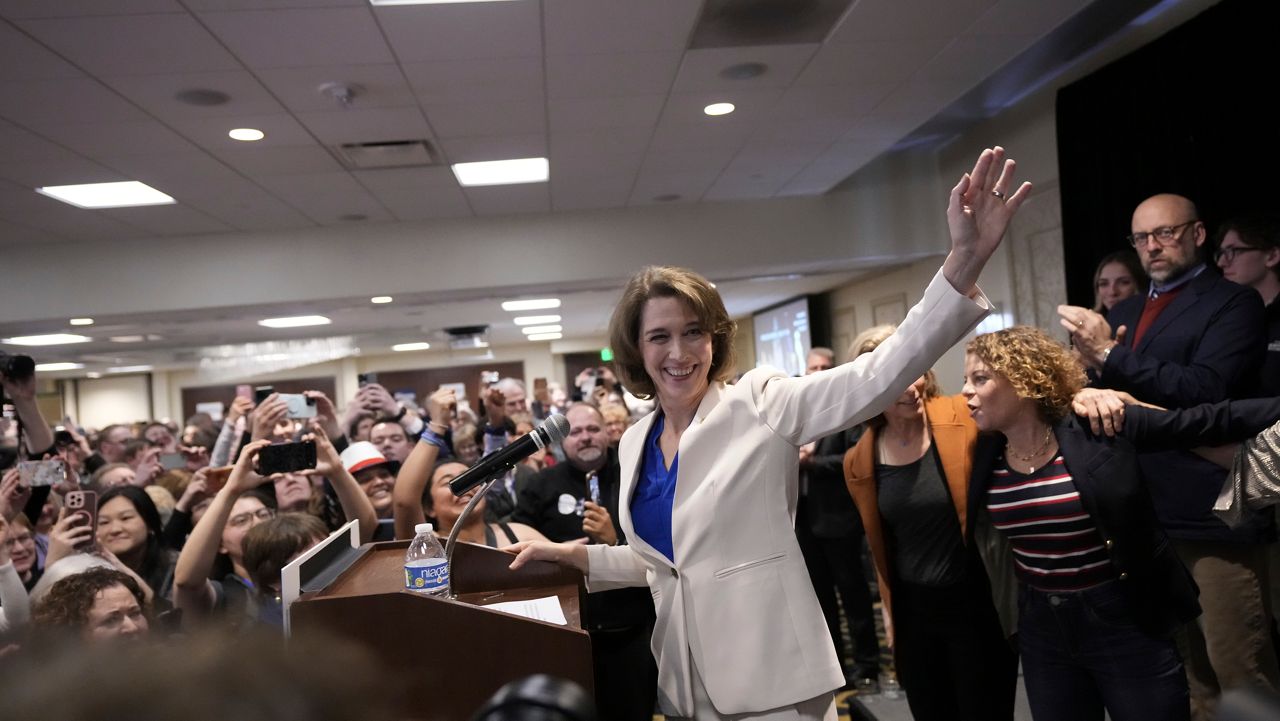MEQUON, Wis. — Employment and the college experience are two areas of ongoing concern for people with intellectual and developmental disabilities.
A 2021-2022 report from the University of Wisconsin (UW) System showed 13,095 students with disabilities were affiliated with disability services offices systemwide.
Students with disabilities represented 8.3% of total UW System enrollment during the 2021-22 school year. Despite overall declining enrollment, the report said the amount of students with disabilities enrolled at UW schools has grown by 50% over the past five years.
“They should have the same opportunities any other child has,” said Barbara Sweeney, the mother of a student with Down Syndrome who attends college. “It’s often up to the parent to make sure they reach their full potential.”
Barbara Sweeney’s daughter is Maggie Sweeney. She is in her first year of college at Concordia University Wisconsin (CUW) in Mequon.
Maggie Sweeney is completing a two-year certificate program through AbleLight College, an immersive initiative for students with cognitive and developmental disabilities.
“It answered a prayer for sure,” said Maggie Sweeney’s dad, John Sweeney. “We’re hopeful she will gain some life skills, be able to live on her own and be able to have a career that’s worthwhile and something she can pursue for years to come.”
Think College, through the Institute for Community Inclusion at UMass Boston, manages the only national listing of college programs for students with intellectual disabilities in the United States.
Think College reported that there are 325 postsecondary education programs for students with intellectual disabilities nationwide.
In many of those programs, the students they cater to are often still segregated from the rest of the students at the university.
AbleLight College prides itself on being different.
“They go to some full university classes. They have AbleLight program classes they complete and they’re part of the university campus,” said Erik Halling, admissions coordinator for AbleLight College at CUW. “It gives them the opportunity to have a real college experience, while also gaining some of those transition skills that everybody needs to progress in their work and life.”
Maggie Sweeney is one of 17 students at AbleLight College this year. It is the largest class at CUW’s Mequon campus since the program’s inception 10 years ago.
“As much as they’re AbleLight College students, they’re Concordia University students, too,” Halling said. “They wear all the gear; they go to all the events and the students here treat them like they would any other CUW student.”
AbleLight College also has student support advisers who help guide these young adults through college life. They help with everything from locating classrooms to navigating the search for employment.
“I do anything between helping with study labs, helping get around to classes and going into classes and overseeing things,” said AbleLight College student support adviser Sarah McCormack. “I do a lot of job coaching, which is probably my favorite thing to do.”
AbleLight College started a new program in fall 2023 for its recent grads. The Third Year Fellowship Program is offered to students who already graduated from AbleLight College’s two-year program.
Selected fellows will attend regular college classes that are geared toward the jobs fellows want to pursue. Fellows spend the year living on campus, with support.
Furthermore, fellows will take on internships and work with an adviser to curate individualized independent study courses. Fellows will also develop problem solving and planning skills through real-life simulations.
Two students have been chosen to pilot the fellowship this year.










